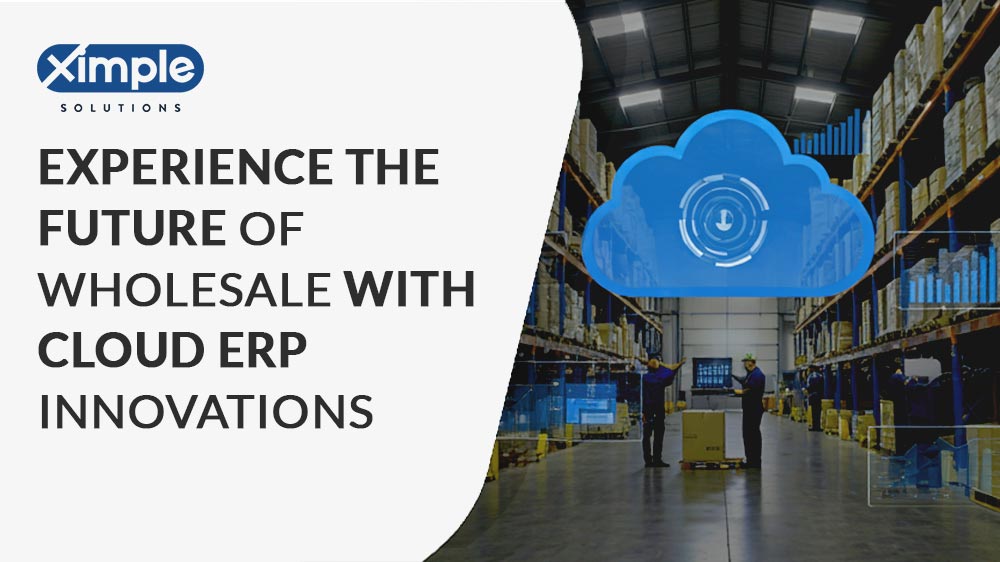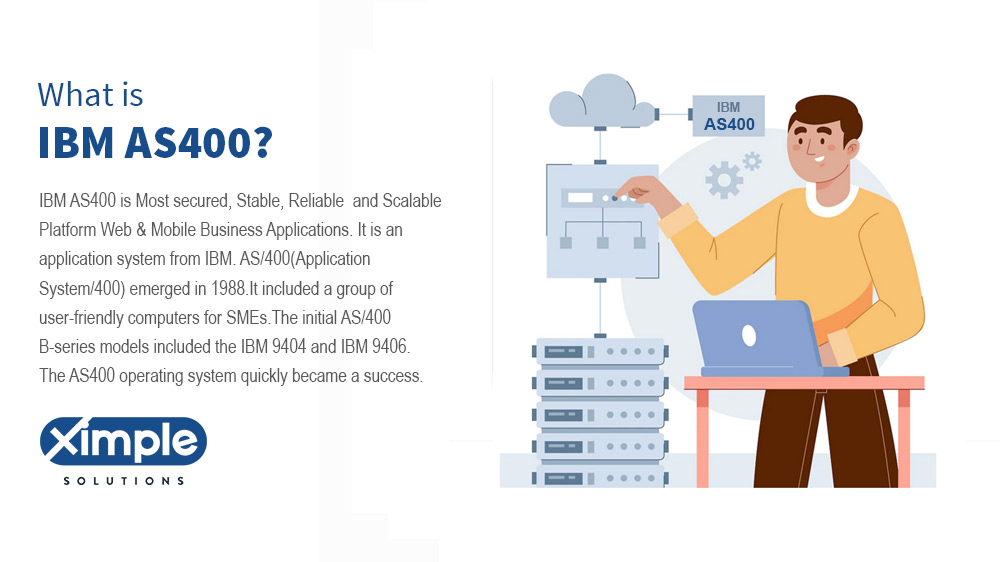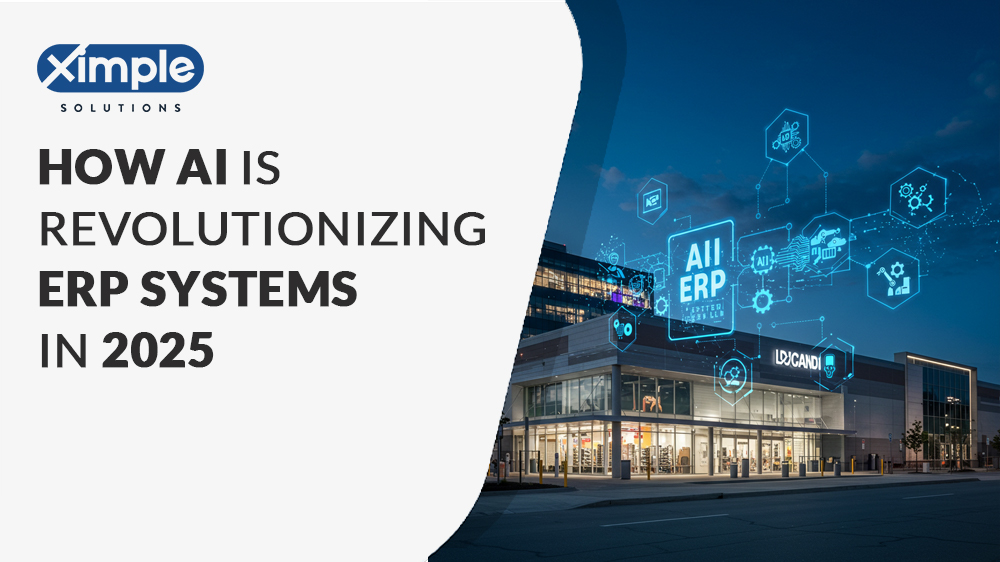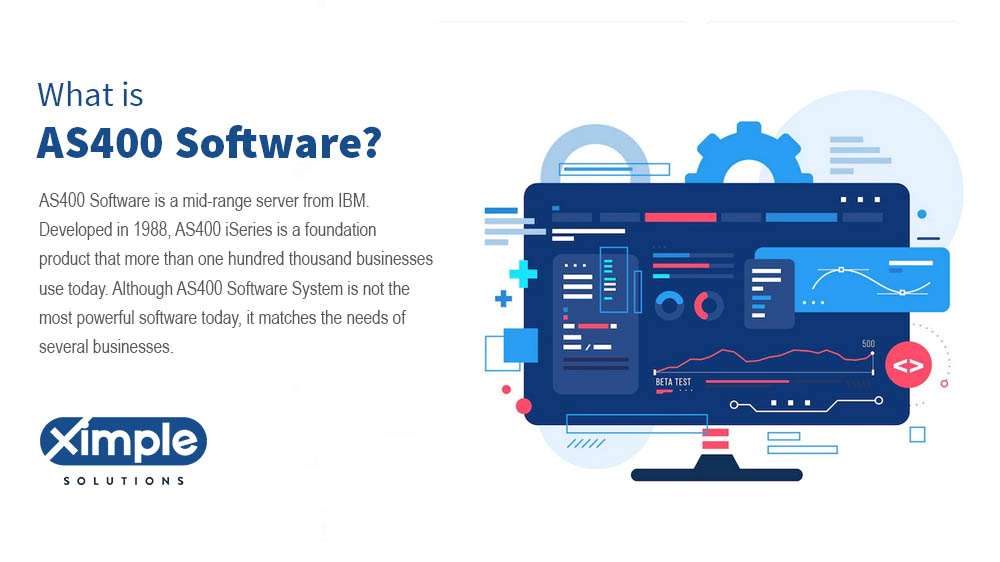Why Cloud ERP is the Future for Wholesale and Distribution

The wholesale and distribution industries have long faced the challenge of managing complex supply chains, handling vast inventories, and ensuring timely deliveries. Enterprise Resource Planning (ERP) systems have been essential in streamlining these operations, but the rise of Cloud ERP is revolutionizing the way wholesalers and distributors operate. This transition is providing businesses across sectors, such as electrical, plumbing, HVAC, and construction, with newfound flexibility and scalability.
With the growing demand for real-time data access and increased operational efficiency, Cloud ERP is becoming the future of wholesale and distribution industries.
Table of Contents
- Introduction
- What is Cloud ERP?
- Why Cloud ERP is Gaining Popularity in Wholesale and Distribution
- Key Benefits of Cloud ERP for Wholesalers and Distributors
- How Cloud ERP Addresses Common Challenges
- Future Trends in Cloud ERP
- Conclusion

What is Cloud ERP?
Cloud ERP is a type of enterprise resource planning system hosted on a cloud platform, offering access to data and resources over the internet. Unlike traditional ERP systems, which require on-premises servers and infrastructure, Cloud ERP allows users to access and manage their busine
Key features of Cloud ERP include:
- Scalability: Easily adjustable based on business growth.
- Cost Efficiency: Lower initial investments compared to traditional ERP.
- Flexibility: Access from any location, improving remote work capabilities.
Why Cloud ERP is Gaining Popularity in Wholesale and Distribution
Cloud ERP is rapidly being adopted by wholesale and distribution businesses due to its ability to address specific industry needs. Several factors drive this popularity:
- Flexibility and Scalability: Wholesale businesses can quickly scale their operations with Cloud ERP, accommodating growth or seasonal demand fluctuations.
- Real-time Access: Cloud ERP provides real-time data on inventory levels, sales orders, and customer interactions. This feature is crucial for wholesalers managing multi-location warehouses and distributed supply chains.
- Cost Savings: Cloud ERP minimizes the need for expensive hardware and IT infrastructure. Businesses only pay for what they use, reducing operational costs.
- Improved Security: Cloud ERP systems offer high-level data security, reducing the risk of data breaches and ensuring compliance with industry standards.
Key Benefits of Cloud ERP for Wholesalers and Distributors
- Optimized Inventory Management: Cloud ERP provides real-time insights into stock levels, allowing wholesalers to manage inventory more effectively. This reduces excess stock and helps prevent stockouts.
- Supply Chain Transparency: Wholesalers can track shipments, manage supplier relationships, and ensure timely deliveries with greater accuracy and transparency.
- Improved Customer Service: With better data accessibility, businesses can respond to customer inquiries quickly, improving the overall customer experience.
- Cost Savings: By eliminating the need for on-premise infrastructure, wholesalers and distributors can reduce maintenance and hardware costs, freeing up resources for other business needs.
- Compliance and Regulation: Industries like pharmaceuticals and industrial supplies must adhere to strict regulatory requirements. Cloud ERP systems are designed to streamline compliance processes, making it easier for businesses to meet legal standards.
How Cloud ERP Addresses Common Challenges
Cloud ERP offers solutions to several common challenges faced by wholesalers and distributors:
- Managing Complex Supply Chains: With real-time data access and automated workflows, Cloud ERP helps businesses efficiently manage their supply chains, from procurement to delivery.
- Data Integration and Accuracy: Integrating data from multiple sources can be challenging for wholesalers. Cloud ERP ensures seamless data integration, helping maintain data accuracy across all departments.
- Cost of Implementation: While ERP systems can be expensive, Cloud ERP offers flexible pricing models, allowing smaller businesses to adopt the technology without heavy financial burdens.
Future Trends in Cloud ERP
- Integration with AI and Machine Learning: AI-driven analytics in Cloud ERP will allow businesses to predict demand, optimize inventory, and automate routine tasks. For example, AI can help wholesalers anticipate stock needs during peak seasons.
- Mobile ERP Solutions: As remote work becomes more common, mobile access to Cloud ERP systems will be essential for sales teams, warehouse managers, and field service personnel.
- Sustainability Initiatives: Cloud ERP will play a significant role in helping wholesalers track and reduce their carbon footprint, enhancing the sustainability of supply chains.
Conclusion
The shift toward Cloud ERP is transforming the way wholesalers and distributors operate, providing real-time insights, scalability, and cost-effective solutions. Whether it’s managing complex supply chains, optimizing inventory, or improving customer service, Cloud ERP offers a future-proof solution to the evolving needs of the industry.
As Cloud ERP continues to grow in popularity, wholesalers and distributors in industries such as electrical, HVAC, construction, and pharmaceuticals must embrace this technology to stay competitive and meet the ever-changing demands of their customers.
Ready to transform your wholesale or distribution business?
Contact Ximple Solutions today to learn how our Cloud ERP solutions can help streamline your operations and boost efficiency. With our industry-specific ERP systems, we’ll help you overcome the challenges of modern business operations and embrace the future of Cloud ERP technology.






